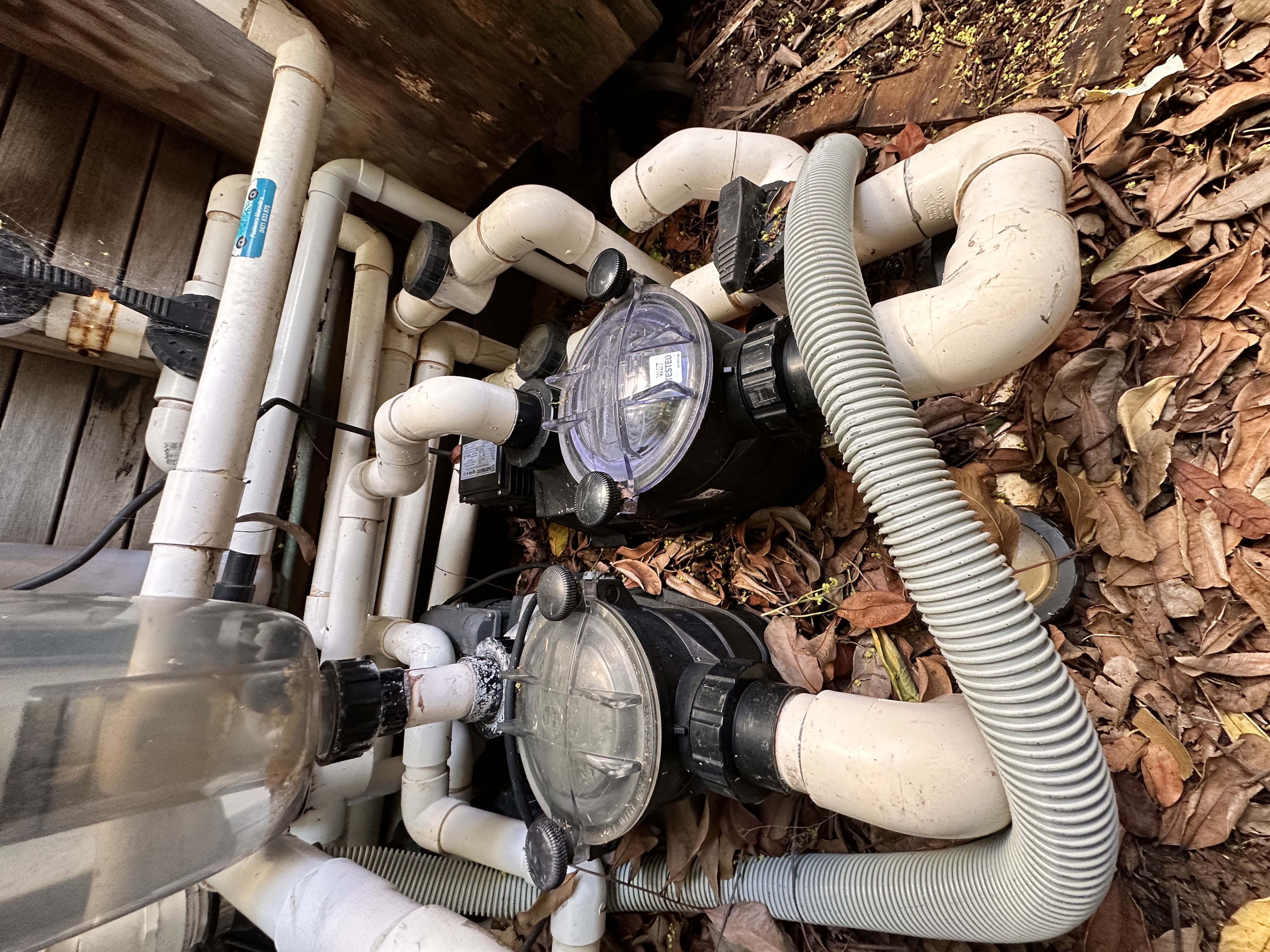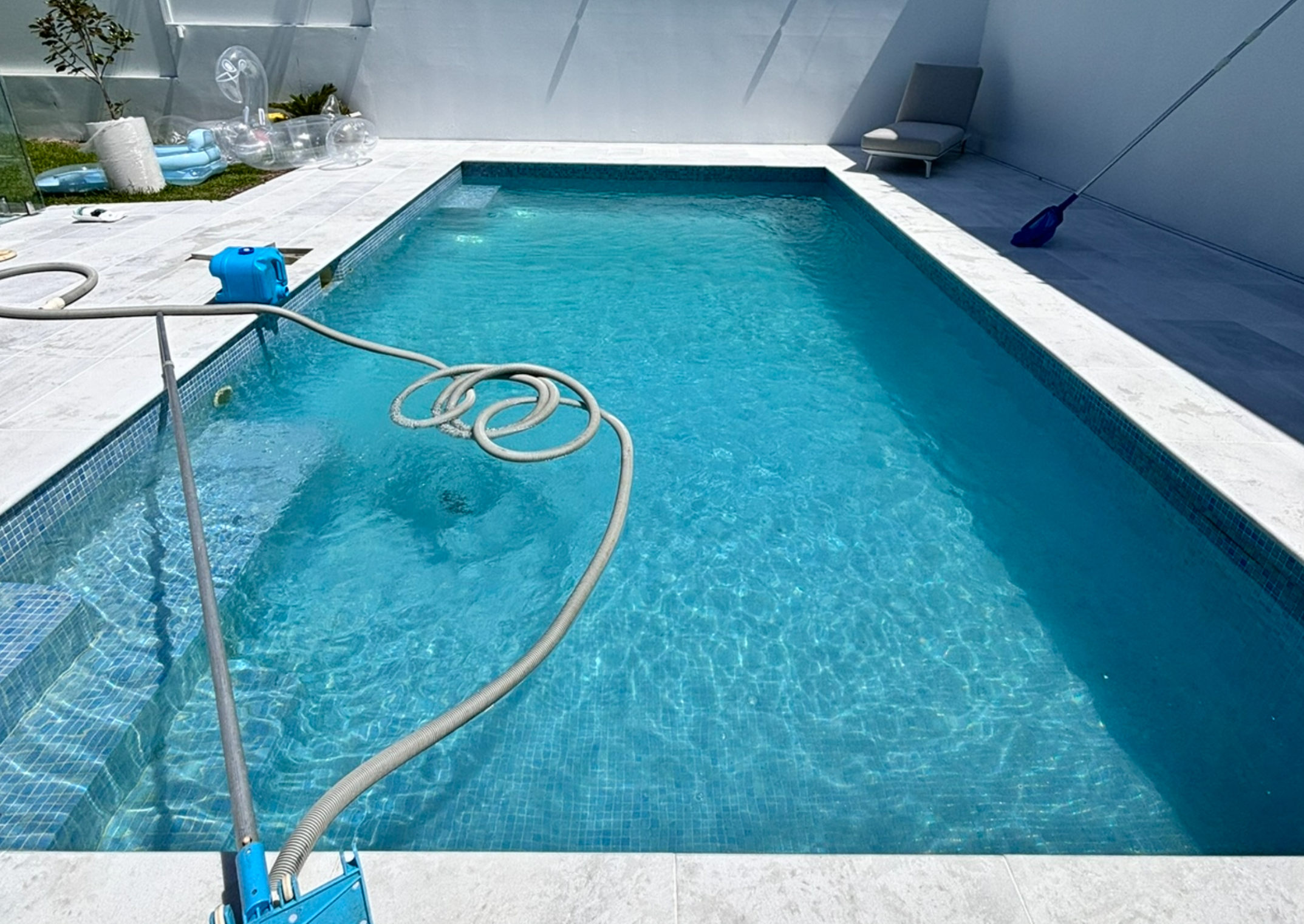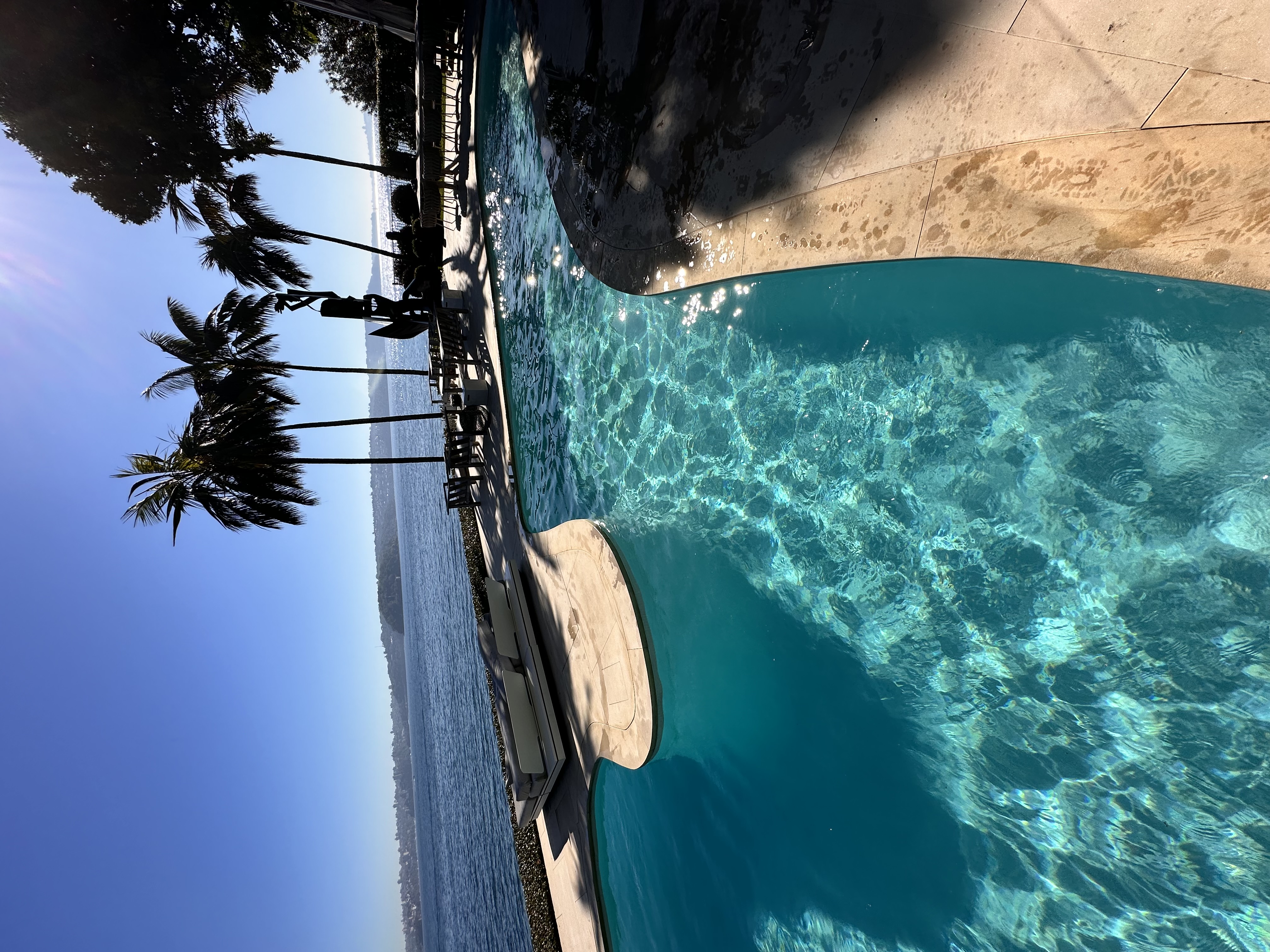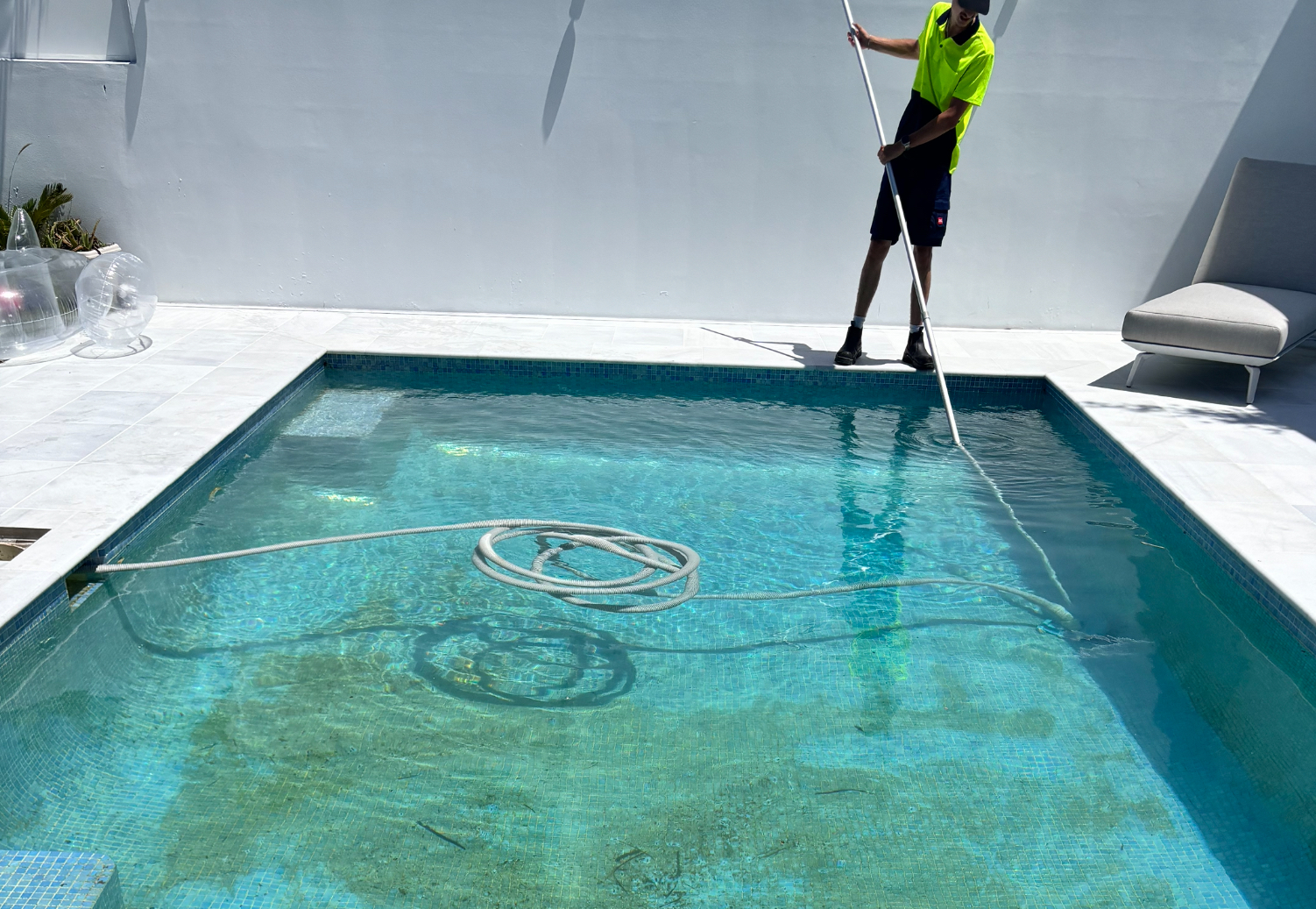Pool Pump Repair vs Replacement: What's Worth It?

Your pool pump is the heart of your pool's circulation system, working tirelessly to keep your water clean and clear. But when it starts showing signs of trouble, you're faced with a crucial decision: should you repair it or replace it entirely?
Signs Your Pool Pump Needs Attention
Before diving into the repair vs. replacement debate, let's identify the warning signs that your pump needs professional attention.
• Unusual noises: Grinding, squealing, or rattling sounds
• Reduced water flow: Weak circulation or poor filtration
• Frequent tripping: Circuit breaker trips repeatedly
• Leaking water: Visible water around the pump housing
• High energy bills: Sudden increase in electricity costs
Electrical issues present another red flag. If your circuit breaker trips repeatedly when the pump runs, there's likely an electrical problem that needs immediate attention. Visible water around the pump housing indicates seal failure, while a sudden spike in your electricity bills could signal that your pump is working harder than it should.
When to Repair Your Pool Pump
Repairing your pool pump is often the most cost-effective solution, particularly when dealing with newer equipment. If your pump is still under warranty or less than five years old, repairs are usually worthwhile. Common repairable issues include worn impellers or diffusers, damaged seals or gaskets, motor bearing problems, and electrical connection issues.
The key consideration is cost-effectiveness. When repair costs are less than 50% of a new pump's price, it's generally worth fixing. Simple repairs like seal replacement or impeller cleaning can extend your pump's life significantly, often for just a few hundred dollars compared to thousands for replacement.
When to Replace Your Pool Pump
Replacement becomes the smarter choice as pumps age and efficiency concerns mount. Pumps older than 8-10 years should be seriously considered for replacement, especially single-speed models. Modern variable-speed pumps can reduce energy consumption by up to 90%, making them an attractive long-term investment.
If you're calling for repairs multiple times per season, replacement will save money in the long run. This "repair trap" can cost more than a new pump over time. Major component failures, such as motor burnout or cracked pump housing, often make replacement more economical than extensive repairs.
Cost Comparison in Sydney's Market
Understanding the financial landscape helps inform your decision. In Sydney's market, seal replacement typically costs between $150-$300, while impeller replacement ranges from $200-$400. Motor bearing service can run $250-$500, and electrical repairs vary from $200-$600 depending on complexity.
For replacement, single-speed pumps cost $400-$800, two-speed pumps range from $600-$1,200, and variable-speed pumps start at $800 and can reach $2,000. Professional installation adds another $200-$500 to the total cost.
The Energy Efficiency Factor
One of the strongest arguments for replacement is energy efficiency. Variable-speed pumps can save Sydney pool owners between $500-$1,500 annually on electricity bills. Over a 10-year lifespan, this represents substantial savings that often justify the initial investment, even when your current pump is still functional.
Making the Right Decision
Several factors should guide your decision-making process. Consider the age of your current pump—under five years typically favors repair, while over eight years suggests replacement. Multiple repairs per year indicate it's time for a new unit. Calculate potential energy savings with a new efficient pump, and weigh immediate costs against long-term benefits. Heavy pool usage may justify investing in premium equipment that can handle the demand.
Professional Assessment is Key
The best decision comes from a professional assessment. At Swim City, we provide honest evaluations and won't recommend unnecessary replacements. Our technicians can assess your pump's condition and provide detailed cost comparisons, helping you make an informed decision based on your specific situation and budget.
Conclusion
While there's no one-size-fits-all answer, the general rule is straightforward: repair if it's new and the issue is minor, replace if it's old or frequently problematic. Factor in energy savings, and replacement often becomes the smarter long-term investment. Need help deciding? Contact Swim City for a free pump assessment—we'll help you make the most cost-effective decision for your specific situation.
Need Professional Pool Service?
Our experienced technicians can help with all your pool maintenance needs. Get a free consultation and quote today.



